Climate change and the Global South at COP27
Achieving climate justice for lower-income countries
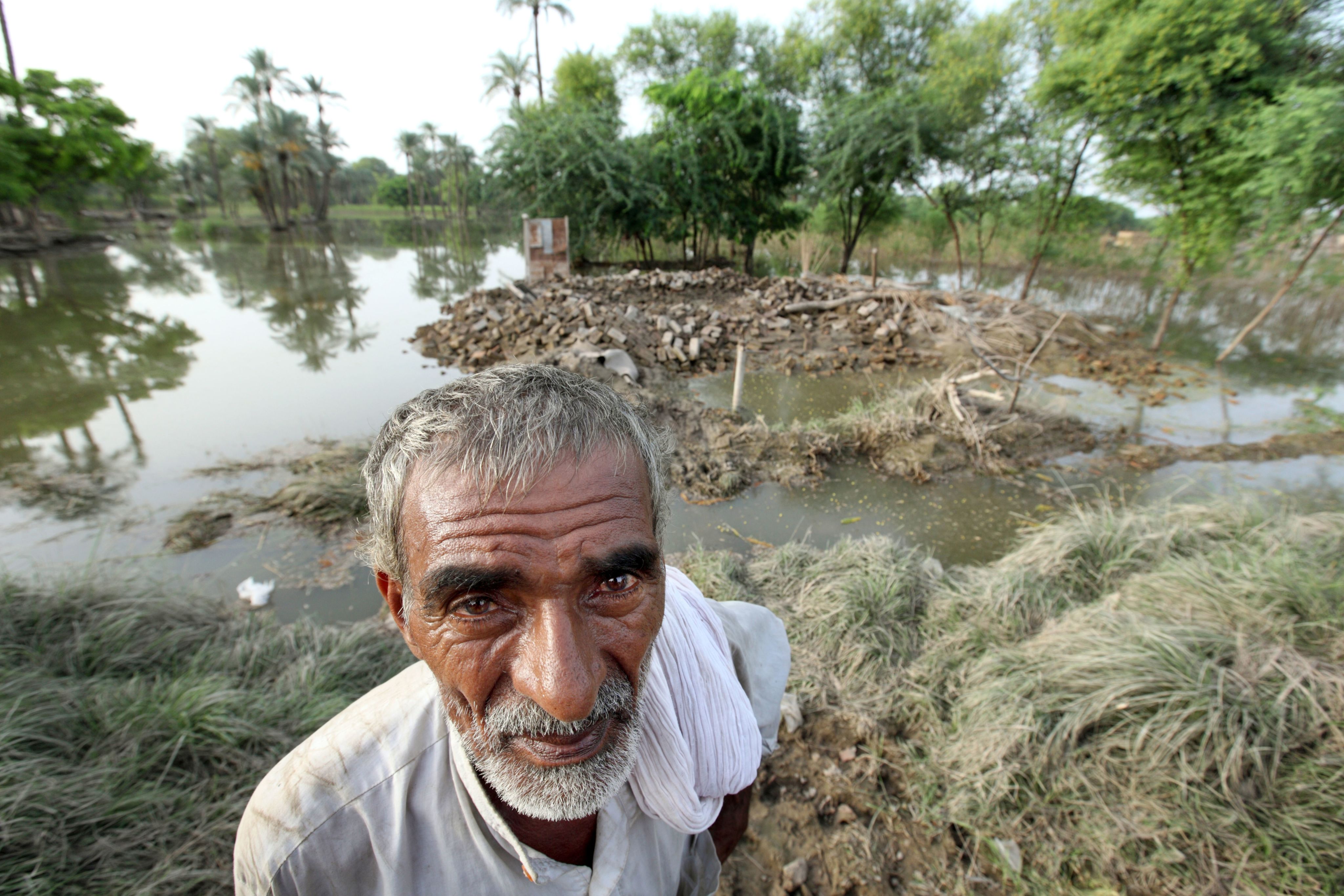
Over time, wealthy countries from the Global North have been responsible for the majority of emissions that cause climate change.
Research shows that over the past 30 years the Global South has also become increasingly responsible. But emissions from the Global South are highly concentrated – the top 10 highest polluting countries in the Global South account for 78% of the group's emissions.
Meanwhile, there are 120 countries that account for just 22% of all Global South emissions. Many of these lower-income nations are more vulnerable to the effects of climate change, such as flooding, drought, intense heat, and disease.
COP26 failures
There was disappointment from lower-income countries in the Global South following 2021's Conference of the Parties (COP26). U.N. Secretary-General António Guterres also highlighted the lack of support for lower-income countries in his address at the end of the conference.
COP27 – which runs from 6–18 November 2022 in Egypt – provides an opportunity for UNFCCC (United Nations Framework Convention on Climate Change) members to do more to ensure low-income countries in the Global South have the resources they need to tackle climate change.
But with so many issues to consider, what should be the focus of COP27 in regard to climate justice and the Global South?
We asked six experts for their insights.
"...every dollar invested in renewable energy now prevents some future damage..."
Dr. Michael Olabisi:
What is needed from UNFCCC members at COP27 must include both incentives and penalties that push high-income members to meet their current commitments to support the transition to renewable energy for the Global South.
Specifically, Annex II countries (the developed nations that must provide developing countries with financial resources to manage climate change) that are falling behind on their commitments to the Green Climate Fund – and other commitments – should lose committee seats on COP's subsidiary bodies, or at least not be given the highest places of honor at the COP28 meetings after a gentle rebuke at the COP27 meetings.
Concurrently, the articles should be updated to give countries that meet their commitments more of a role on the permanent and ad-hoc committees of the UNFCCC COP, and a more prominent place when it is time for the honors at COP27 and 28.
Such actions can motivate cooperation while recognizing that progress on a global renewable transition is a climate justice issue.
We all have an ethical responsibility to address climate mitigation and adaptation steps in the Global South.
Urgency
Timing matters.
In this fight to avoid average global warming of more than 2 C above pre-industrial levels – or better yet, the 1.5 C warming scientists are now saying should be the target – solar panels manufactured and installed in African cities in 2022 will be more effective at preventing further climate change than the same panels installed in 2030.
The need for urgency reflects the reality that every dollar invested in renewable energy now prevents some future damage to forest biomass, or even better, avoids lock-in to inefficient and carbon-intensive energy sources like diesel generators or coal-fired power plants, for the countries that would suffer the most from the impacts of climate change.
Dr. Michael Olabisi is a tenure stream Assistant Professor in Agricultural, Food, and Resource Economics (AFRE) in the Department of Community Sustainability at Michigan State University. He has published his research in journals including Climate and Development, Journal of African Trade, and Economic Policy.
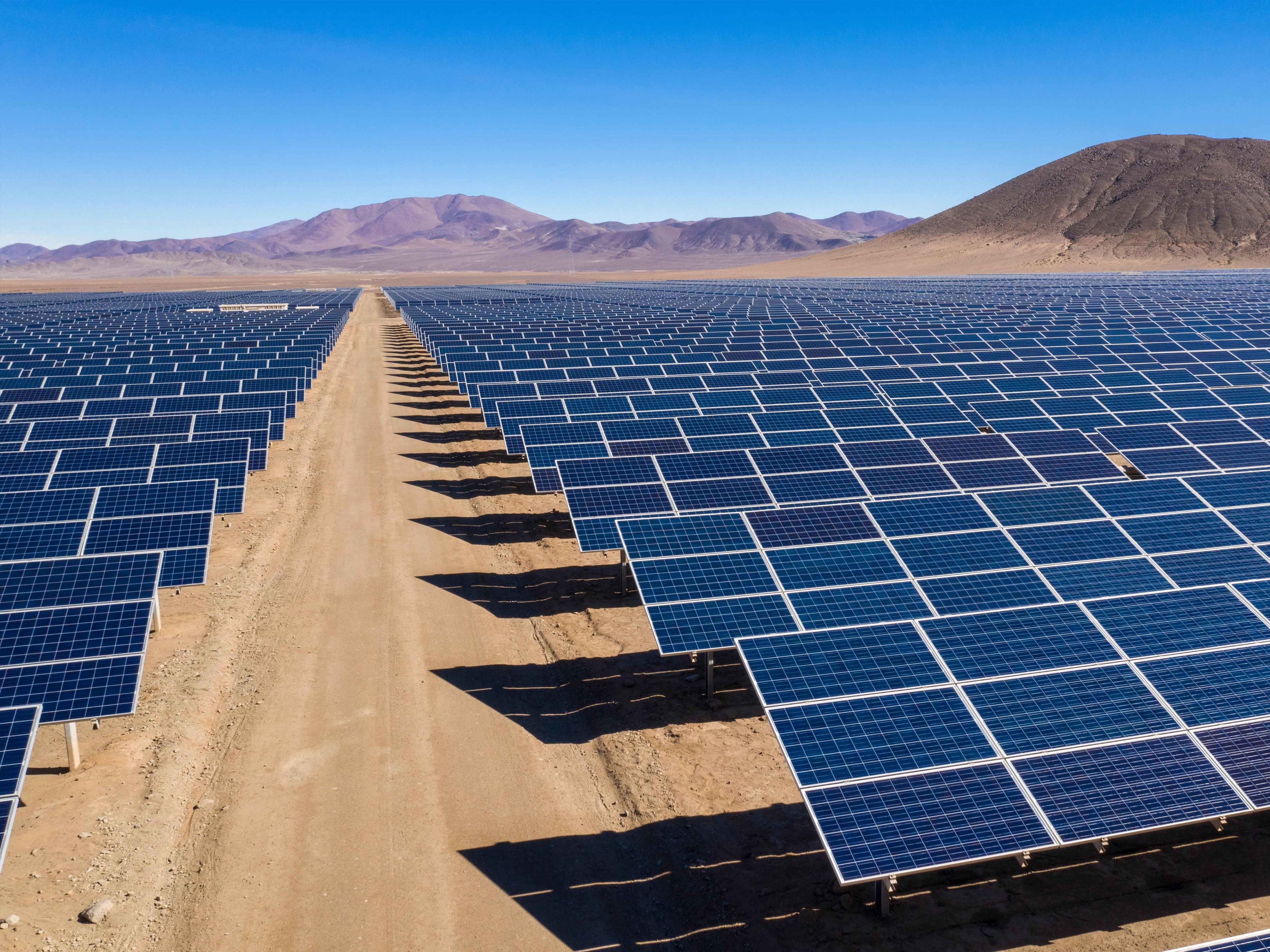
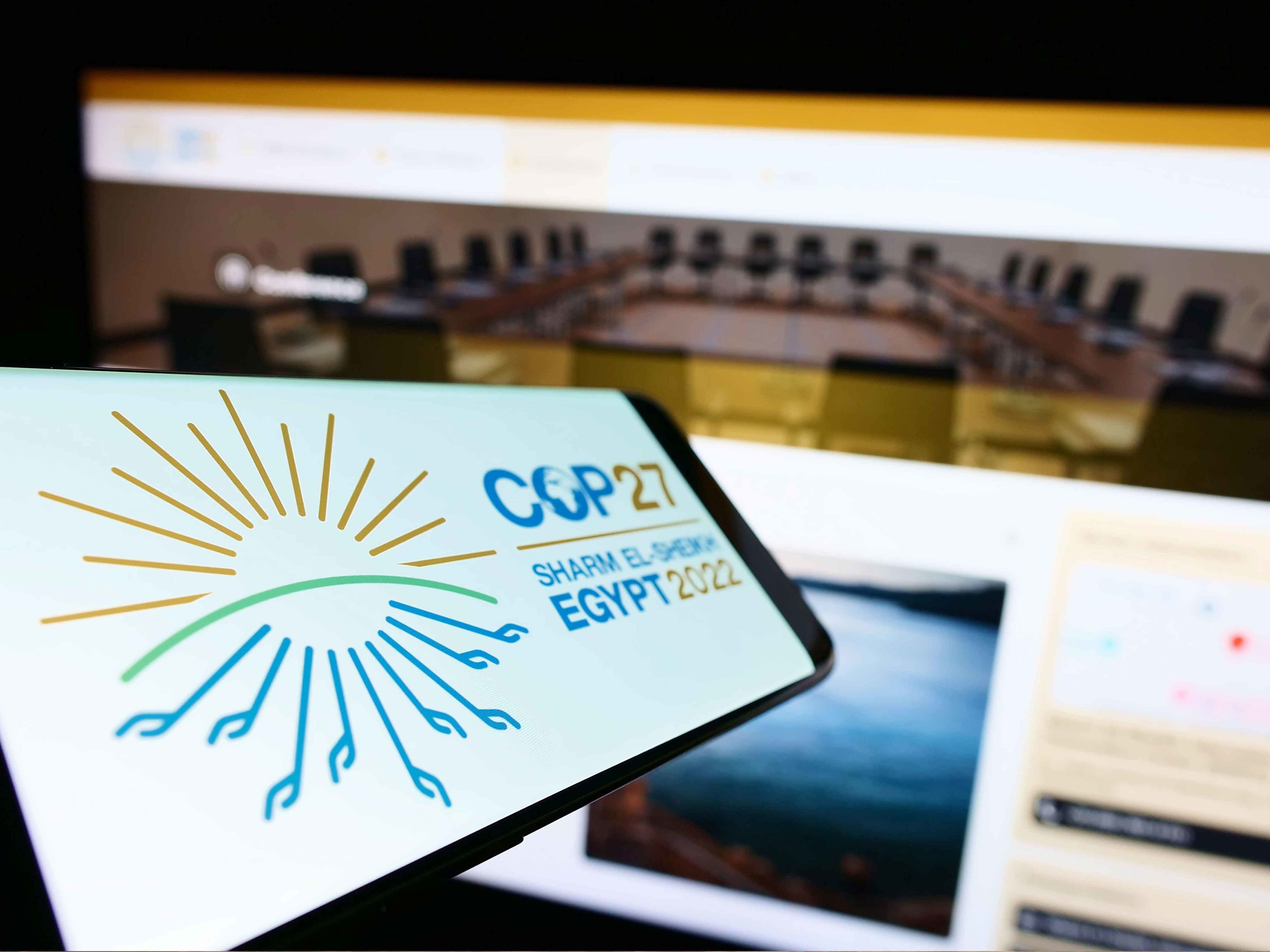
"...the rush to secure and expand fossil fuel production threatens to roll back hard-won climate action..."
Dr. Kennedy Mbeva:
Recent geopolitical developments, especially the unraveling global energy crisis, call for revisiting and refining the concept of Just Transition.
While countries at the UNFCCC, under the Paris Agreement, have committed to (ambitious) climate action, questions on how to realize these commitments remain under-examined.
By bringing the issue of Just Transition to the center of discussions and debates on climate policy, countries can begin to effectively tackle difficult and challenging policy questions.
Threats to climate action
Clearly, the global energy crisis and its derivative implications – especially the rush to secure and expand fossil fuel production under the guise of energy security – threatens to roll back hard-won climate action.
Reconciling these seemingly contradictory policy developments – i.e. energy security and ambitious climate action – would require a clear-eyed and pragmatic approach that can be primarily achieved through the lens of the Just Transition.
Only by doing so can the relevance and effectiveness of the UNFCCC as the main policy arena for global climate action be realized and enhanced.
Dr. Kennedy Mbeva is a Postdoctoral Research Associate in the Global Economic Governance program at the University of Oxford's Blavatnik School of Government and Co-Founder of the Africa Research & Impact Network (ARIN).
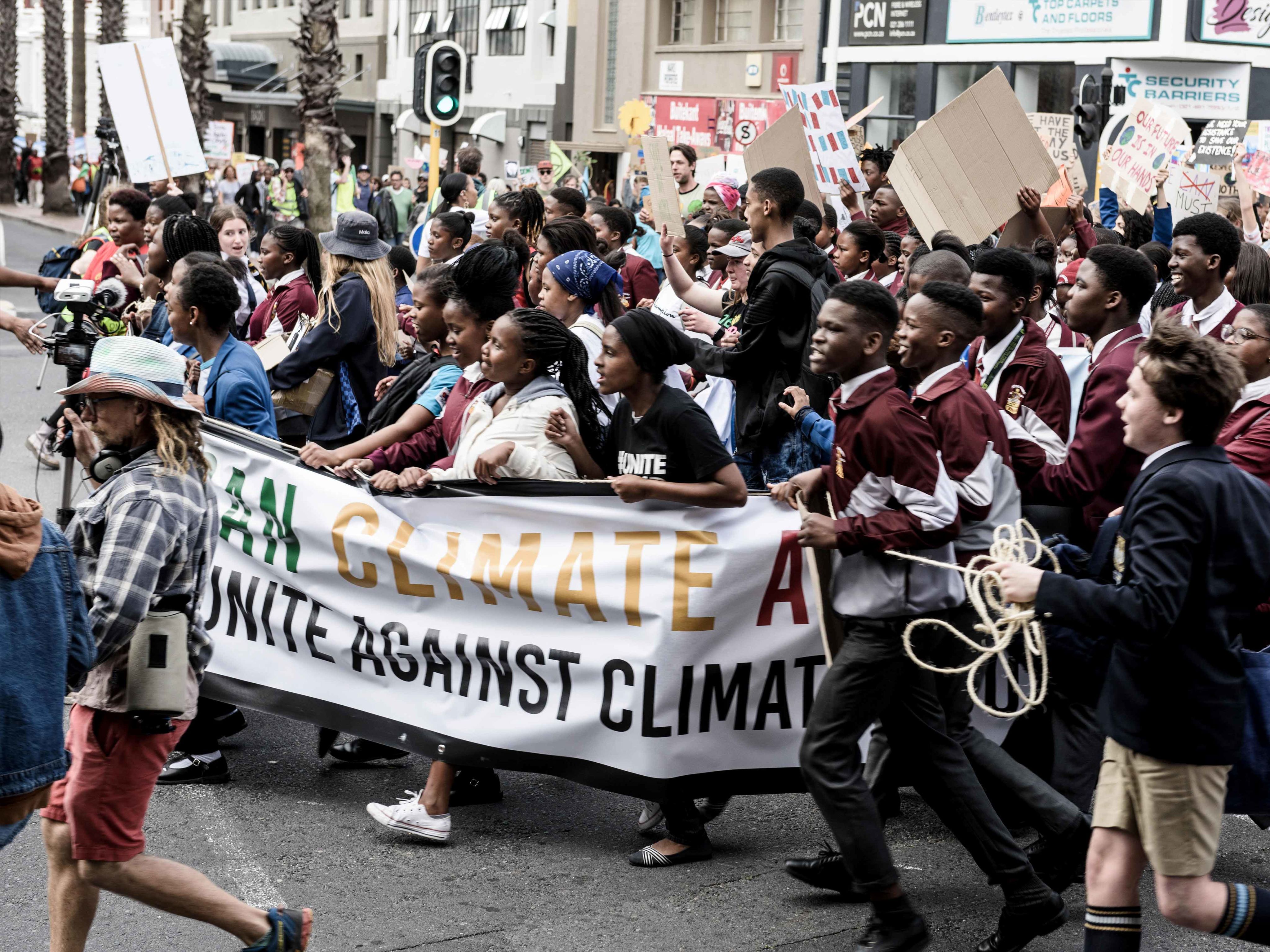
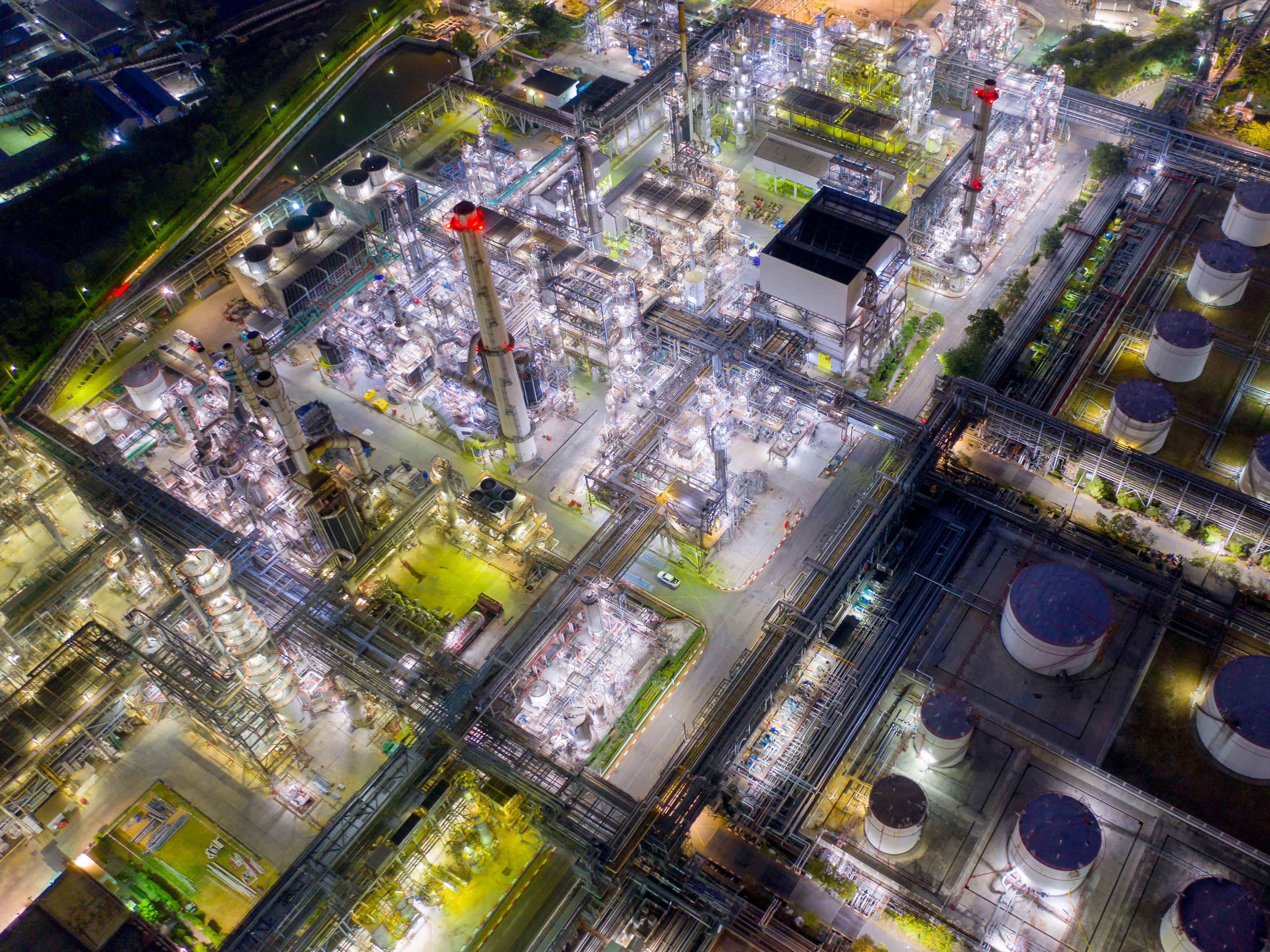
"Funding for loss and damage needs to be stepped up..."
Nathan Oxley and Professor Lyla Mehta
Today’s changing climate is occurring in the context of a long history. The relationships between rich and poor nations have been deeply shaped by colonialism, injustice, and extraction.
The legacy of these stories continues today in many arenas of trade, economy, and development, and climate change is no exception.
Recognizing inequity and injustice
Richer countries, that continue to benefit from debt regimes and reap the rewards of extractive industries, must recognize this history as they consider their responsibilities.
What’s more, they continue to be the worst polluters and worst emitters of carbon.
So climate action is not just about helping the most vulnerable – it’s realizing how this vulnerability is caused and shaped by inequity and injustice, and the extraction and hoarding of wealth, both within nations and across the globe.
Too many "climate solutions" continue to be imposed from above, guided by the rich world’s interests – sometimes leading to maladaptation, like building concrete seawalls in places where mangroves could protect coasts, or planting trees unsuited to local ecologies.
Instead, supporting local knowledge and ideas can help to avoid such mistakes, account for uncertainties, and allow more flexible, adaptive, and long-term plans to emerge.
Co-producing new ideas as we have done in the Tapestry project with those on the front line means paying attention to their evidence and experience alongside more technical or scientific data.
Multiple causes
At the same time, many of the worst struggles in coasts, drylands, and cities are not just due to climate change.
Inequalities and marginalization, poverty, pollution, and poor infrastructure are systemic problems that make extreme weather or rising temperatures hit some people much harder.
This means that funding for loss and damage needs to be stepped up, to help the poorest communities deal with climate-related hazards – addressing the multiple reasons why people are vulnerable to shocks and stresses.
Nathan Oxley is Impact Communications and Engagement Officer at IDS (Institute of Development Studies). Professor Lyla Mehta is a Professorial Fellow at IDS, Principal Investigator on the Tapestry project, and Co-Editor of The Politics of Climate Change and Uncertainty in India. She is also a visiting professor at the Norwegian University of Life Sciences.
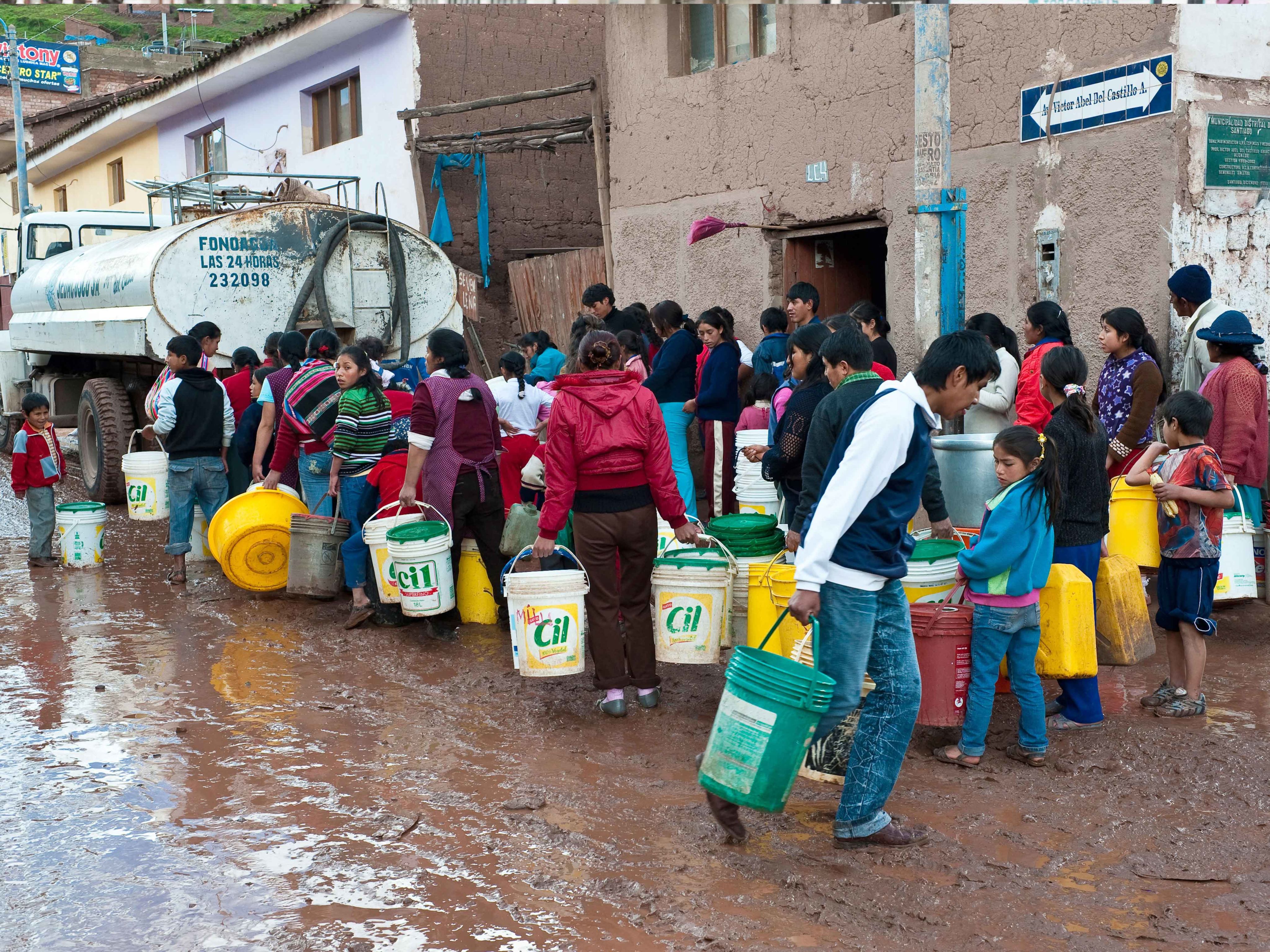
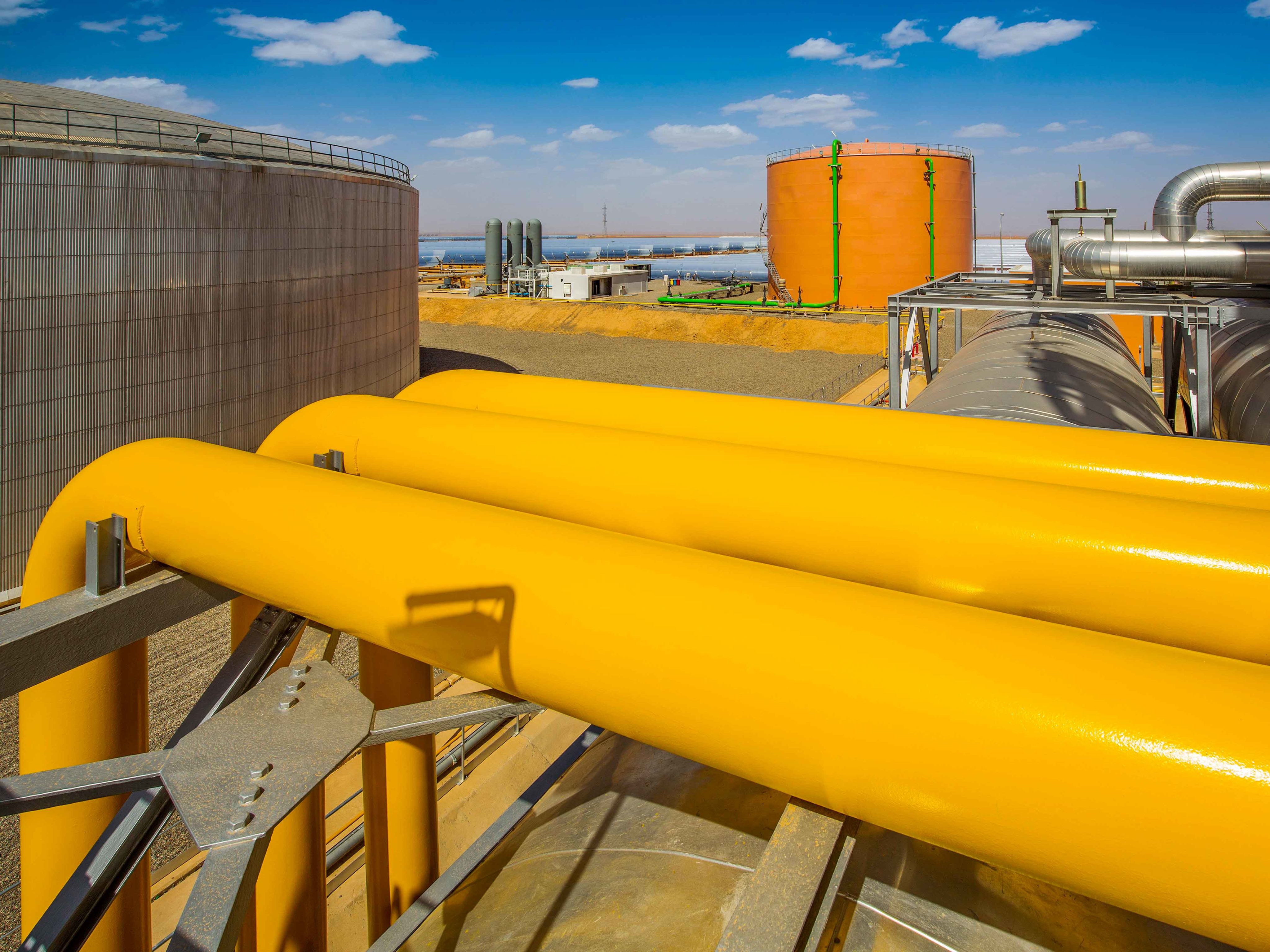
"We can no longer afford to 'park' the climate crisis..."
Dr. Pieter Pauw:
The most important thing is to deliver on existing pledges to reduce greenhouse gas emissions.
There are many plans and targets on the table, including the Nationally Determined Contributions (NDCs) and the long-term strategies that countries submitted to the UNFCCC under the Paris Agreement. However, many countries, including the G20, are falling short of achieving the targets that were set.
The choice of the president of the COP, Egypt, to focus on implementation, is therefore the right way forward.
Financial support
Finance is also going to be a central issue at COP27.
Developed countries support developing countries with climate finance to cut greenhouse gas emissions (mitigation) and to adapt to climate change impacts. In 2009, developed countries pledged to mobilize $100 billion per year from 2020 onwards. This target was missed in 2020, even by developed countries’ own accounting.
According to the OECD, $83.3 billion was mobilized by the end of 2020. This broken promise frustrates developing countries and will continue to plague the negotiations in Egypt.
Building trust
Trust can be increased between developed and developing countries by moving forward negotiations on finance in four ways.
First, by making clear when and how the annual $100 billion will be mobilized. It will severely undermine the negotiations if developed countries continue to fail on this target.
Second, progress is needed in negotiations for the so-called New Collective Quantitative Goal (NCQG) for climate finance post-2025. Simply increasing the current goal ($100 billion per year) may be ineffective – the nature of the target should also be considered. For example, climate finance targets have a dual and sometimes contrasting role: mobilizing investment at scale, and transferring resources from developed countries to address the needs of developing countries.
Recognizing this duality may help to find common ground for a post-2025 climate finance target. In addition, there needs to be more clarity on the relationship between climate finance and Article 2.1(c) of the Paris Agreement, where Parties agreed to make all financial flows "climate consistent." While the former is about mobilizing billions of dollars to support developing countries, the latter is about shifting trillions of U.S. dollars away from carbon-intensive assets to low-carbon assets.
Third, developing countries want financial support to deal with loss and damage caused by climate change.
After the recent devastating floods in Pakistan, its Minister of Climate Change Sherry Rehman stated:
"We are on the frontline and intend to keep loss and damage and adapting to climate catastrophes at the core of our arguments and negotiations.
"There will be no moving away from that."
Developed countries have shown more interest in loss and damage in recent years, including Germany’s promotion of an insurance-based "global shield" for climate victims. However, developed countries fear that direct financing for loss and damage will result in claims for compensation from those countries that have historically emitted the most greenhouse gases.
At COP27, countries need to find an acceptable compromise on how to move forward in terms of making finance available to help developing countries deal with the costs of loss and damage.
Fourth, we should finally grasp the nettle and work towards rapidly declining investments in fossil fuel assets. In Glasgow at the last COP, a group of 34 countries signed an agreement to end new direct public support for the international unabated fossil fuel energy sector by the end of 2022, except in limited and clearly defined circumstances that are consistent with a 1.5 C warming limit and the goals of the Paris Agreement.
This was a major breakthrough because export credit agencies (ECAs) massively support fossil fuel projects. In 2016–2018, the ECAs of the G20 provided at least $120.3 billion in support for fossil fuel projects. However, 2022 is almost over, and not every signatory has delivered on this pledge.
Maintaining focus
Clearly, all of this is further complicated by Russia’s invasion of Ukraine, and the consequent soaring energy and food prices around the world.
However, the door to limiting global warming to 1.5 C is rapidly closing. We can no longer afford to park the climate crisis while we deal with another crisis, as we did with the COVID-19 pandemic.
Dr. Pieter Pauw is a researcher and international climate policy advisor at the Eindhoven University of Technology. He focuses on climate finance, climate policy, adaptation, and climate justice. He's Co-Editor of Making Climate Action More Effective and has published research in journals including Climate Policy, Climate and Development, and Environmental Politics.

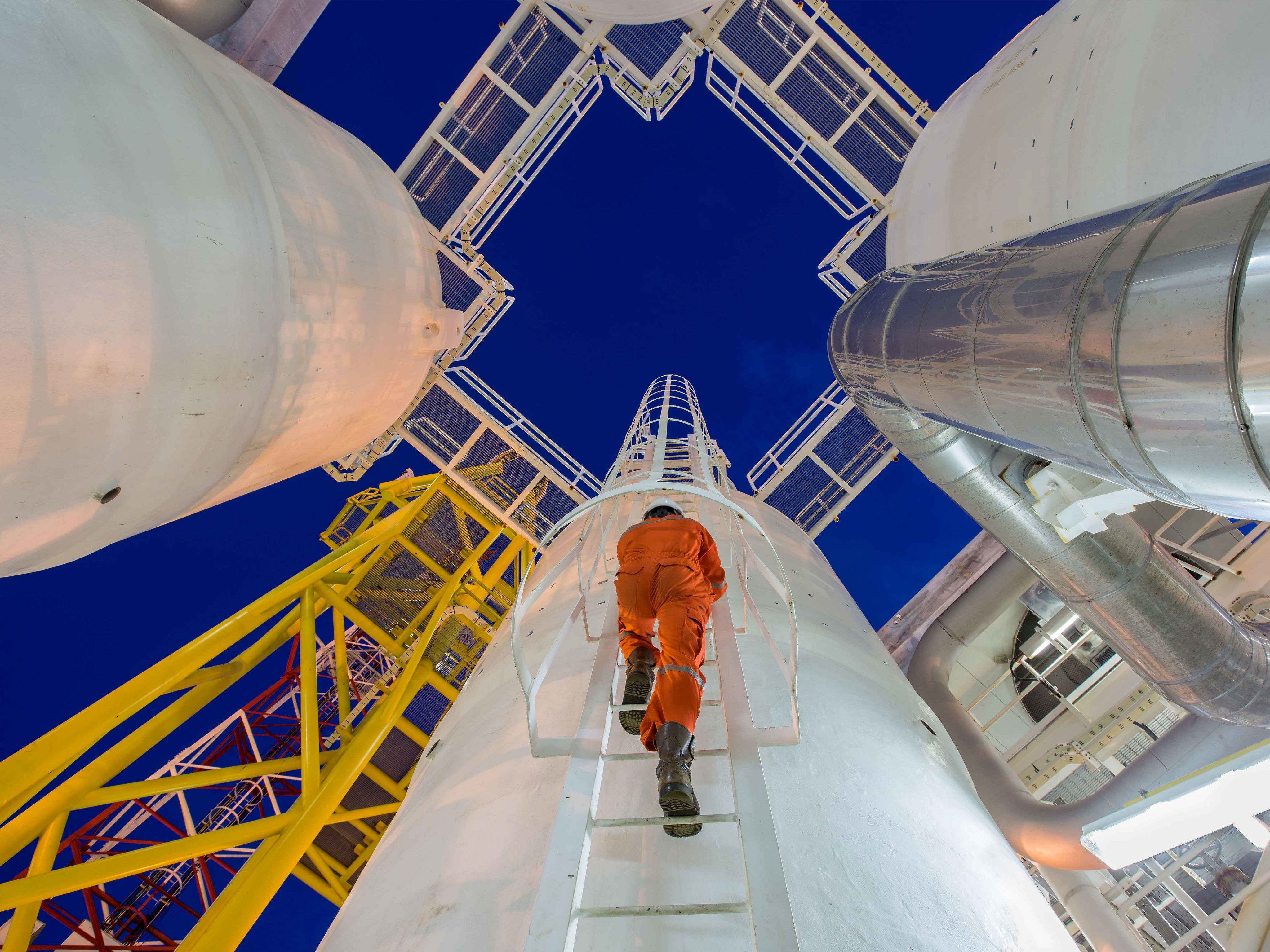
"It's time to move equity to the center of the negotiations..."
Jane Wilkinson:
Like-for-like, all greenhouse gas emissions (GHGs) are equal. To the atmosphere, the origin of emissions is irrelevant.
What matters is volume. And the correlation between emissions and wealth – or the absence of emissions and extreme poverty – is unequivocal.
COVID-19 amplified inequality. And with continuing global disruptions to food and energy supply chains and a cost-of-living crisis, this expansion looks set to continue. The jarring truth is the rich will get richer while the world's poor and vulnerable will continue to bear the disproportionate burden of climate change impacts.
How have we ended up here? And what can countries do at COP27, to change it?
Fairness
Under the Paris Agreement, countries decide what constitutes their "fair share" of the global effort through their nationally determined contributions (NDCs).
This self-referential individualism was an essential ingredient of a global agreement in 2015. But with the sum of efforts still falling woefully short of either the mitigation or investment needed to limit warming to 1.5 C or even 2 C, we are widening the inequality gap and imperiling our children’s futures. And there is nothing fair about that.
Billed as an "African COP", the geography of COP27 could help to focus minds on solving these wicked and intersecting problems. COPs are known for their announcements and meaningfully vague decision texts, but this year, we must act like we mean it.
Achieving carbon equity
The solution is deceptively simple.
For many COP negotiations, equity is an uncomfortable reference point that sits, literally, in the margin. It’s time to move equity to the center of the negotiations, by making the achievement of carbon equity a cornerstone of future efforts.
A declaration, pact, or "carbon equity mandate" would be helpful of course, but countries, especially wealthy ones, can start acting today in the following ways:
1. Submit updated, more ambitious NDCs as they were invited to do under the Glasgow Pact.
Climate action is not politically easy or cost neutral. Governments could start by reframing a "fair share" to include those who have exactly nothing to contribute by way of mitigation or cash, and who have only their lives to lose.
Stronger mitigation goals would be the best signal yet to developing countries that they will be fairly compensated for protecting nature – on humanity’s behalf. To date, only 19 countries have submitted updates and, of these, only three (Australia, Switzerland, and the U.K.) are from the Global North.
2. Explain actions they’ve taken in 2022 to ensure the timely arrival of the already delayed $100 billion for the Global South. Even more importantly, wealthy countries should demonstrate they are ready to move past red lines and start restructuring vulnerable and poor countries’ distressed sovereign debt.
How many lives could be transformed if, instead of quibbling over text, Parties could negotiate the release of funds and collaborate on options to integrate climate action into spending plans?
The relevant stakeholders will all be in Egypt.
Urgency is key
The geopolitics of COP27 are tricky.
Post-COVID economic performance is patchy; a war in Europe threatens food and energy supply; the era of low-interest rates has ended; and public budgets are in deficit.
Even so, the clock ticks on ever closer to "midnight." There will never be a better time to act than today. And tomorrow might be too late.
Jane Wilkinson is Principal and Head of Climate Change and Environment Practice at Abt Associates, an organization that aims to improve the lives and economic wellbeing of people around the world. She's author of "Building more common wealth in a climate changed world" in the journal Round Table.
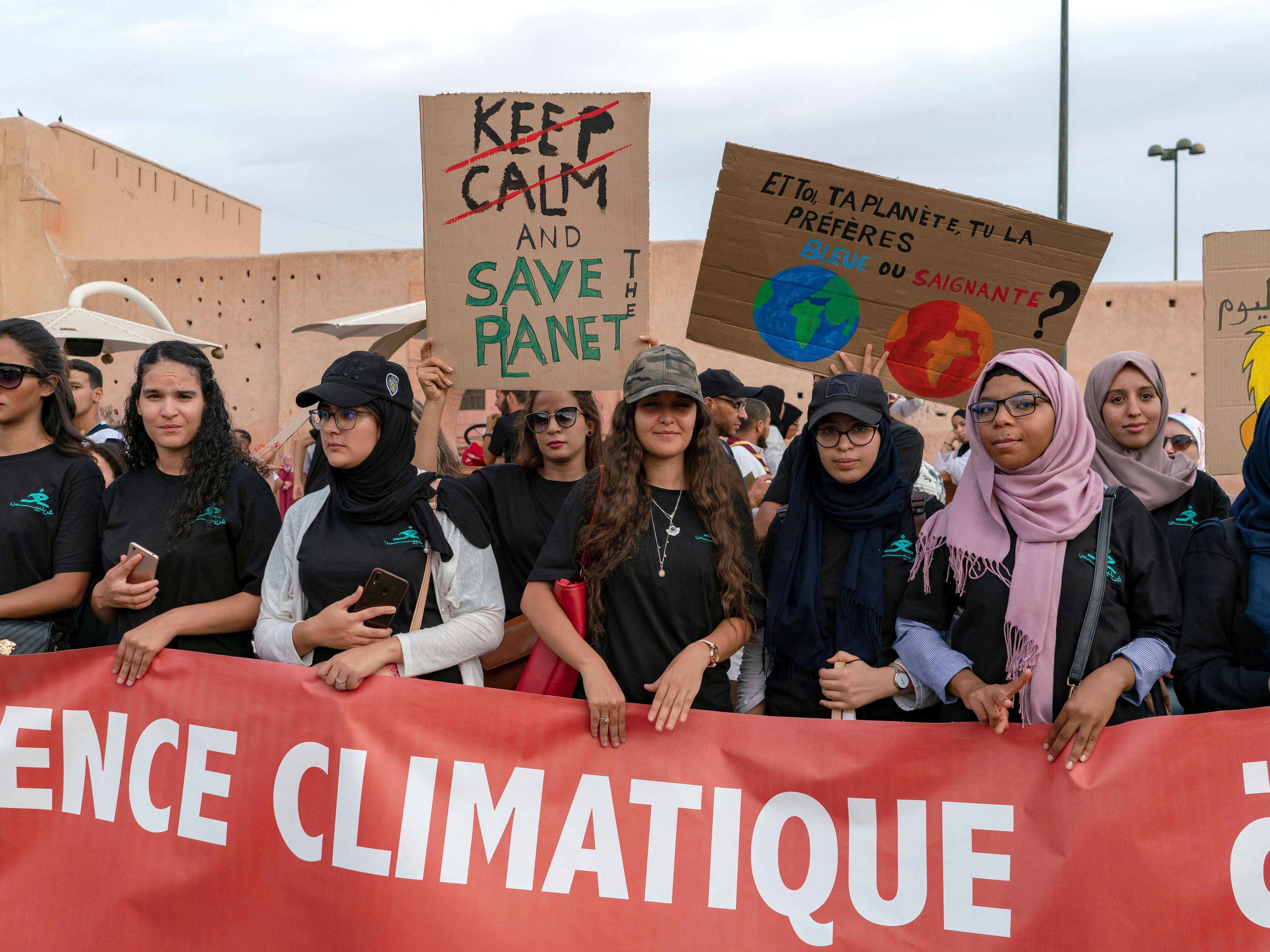

Further reading:
Journal articles
- Addressing the climate change adaptation puzzle: a psychological science perspective by Myriam N. Bechtoldt, et al. in Climate Policy
- Beyond ambition: increasing the transparency, coherence, and implementability of Nationally Determined Contributions by W. Pieter Pauw and Richard J.T. Klein in Climate Policy
- Building more common wealth in a climate-changed world by Jane Wilkinson in The Round Table
- Climate and security: UN agenda-setting and the Global South by Adriana Erthal Abdenur in Third World Quarterly
- Climate justice: priorities for equitable recovery from the pandemic by Sennan D. Mattar, et al. in Climate Policy
- Post-2025 climate finance target: how much more and how much better? by W. Pieter Pauw, et al. in Climate Policy
- The next global crisis: Africa’s renewable energy financing gap by Michael Olabisi, Robert B. Richardson, and Adesoji O. Adelaja in Climate and Development
- The rise of the Global South and the rise in carbon emissions by Harald Fuhr in Third World Quarterly
- Understanding the multilateral negotiations on climate change ahead of COP27: Priorities for the African region by Brian Mantlana and Ademola Oluborode Jegede in South African Journal of International Affairs
Books
- Climate change in south Asia: politics, policies and the SAARC by Baniateilang Majaw
- Globalising the climate: COP21 and the climatisation of global debates edited by Stefan C Aykut, Jean Foyer, and Edouard Morena
- Making climate action more effective edited by W. Pieter Pauw and Richard J.T. Klein
- South Asia and climate change: unravelling the conundrum edited by Mausumi Kar, Jayita Mukhopadhyay, and Manisha Deb Sarkar
- The EU and global climate justice: normative power caught in normative battles by Franziskus von Lucke, Thomas Diez, Solveig Aamodt, and Bettina Ahrens
- The politics of climate change and uncertainty in India edited by Lyla Mehta, Hans Nicolai Adam, Shilpi Srivastava
You might also like:
Insights and blogs
- 10 essential open access (OA) books on climate change
- Sustainable transport in cities
- What is social justice?
- Implementing behavioral change in the fight against climate change
- How climate change could affect the future of the FIFA World Cup
- Meet the people working for sustainability at Taylor & Francis
- Open access sustainability articles
- The impact of open access (OA) research from Africa
Social justice and sustainability
Find out about the content we publish, commitments we've made, and initiatives we support related to social justice and sustainability:
 China
China Africa
Africa
